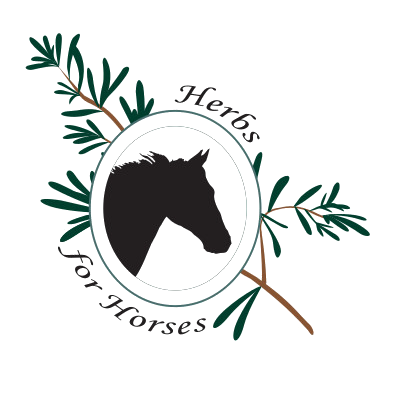Micronutrients & Immunity
Translating Modern Research: implications for horse health – Blog #6:
Smith AD, Panickar KS, Urban JF Jr, Dawson HD. Impact of Micronutrients on the Immune Response of Animals. Annu Rev Anim Biosci. 2018 Feb 15;6:227-254. doi: 10.1146/annurev-animal-022516-022914.
The subject of today’s blog is the impact of micronutrients (ie. vitamins and minerals) on immunity in animals. This paper is a very technical 30-ish page review of scientific literature describing the effects of micronutrient deficiencies, imbalances and supplementation on the very broad and complex profile of immune function in horses, humans, rodents, cats, dogs, and other livestock. The authors do a very thorough job of explaining how micronutrients are critical in immune regulation, and how deficiencies can impair the ability of immune cells to properly respond to an infectious disease or vaccination. Amongst the many compromised activities of these cells are impaired gut barrier function (which can lead to ‘leaky gut syndrome’), disturbance of the gastrointestinal microbiome, inadequate production of antimicrobial proteins, delayed responses to pathogenic organisms, and weak responses to vaccination protocols. Supplementing the diet with properly formulated vitamins and minerals can help to prime the immune system.
The authors also highlight the many differences in immune system responses between horses and other species, and caution readers that research in other species cannot always be easily extrapolated to the situation in horses.
What does this mean for your horse? The majority of domestic horses do not receive a balanced supply of micronutrients in their regular diet, and this paper suggests that this may result in reduced immune competence in some cases. Furthermore, the authors suggest that micronutrient supplements are not a ‘one-size-fits-all-species’ product. When choosing a vitamin-mineral supplement for your horses, chose one that supplies all the major micronutrients in the right ratio for horses. This will optimize your chances at reaping the immune benefits, and helping your horse put his or her best hoof forward for health!
